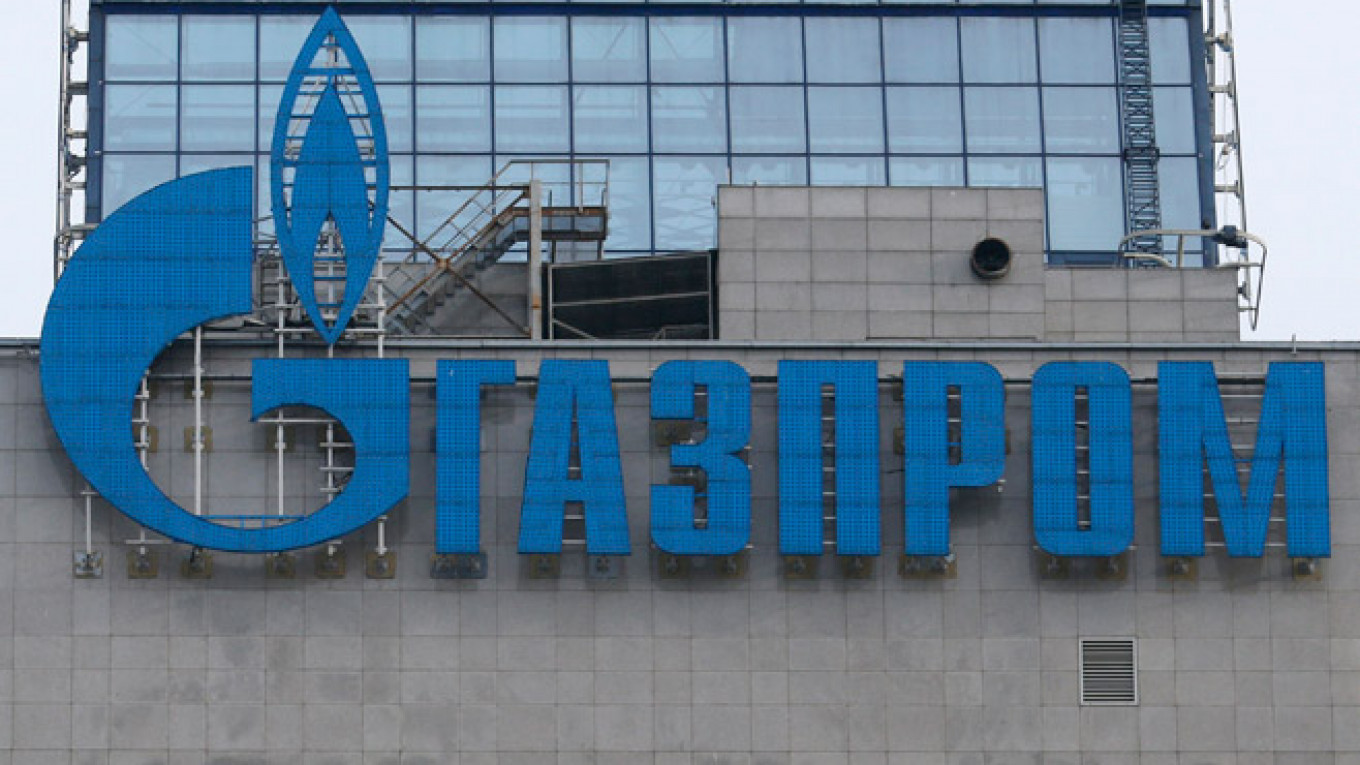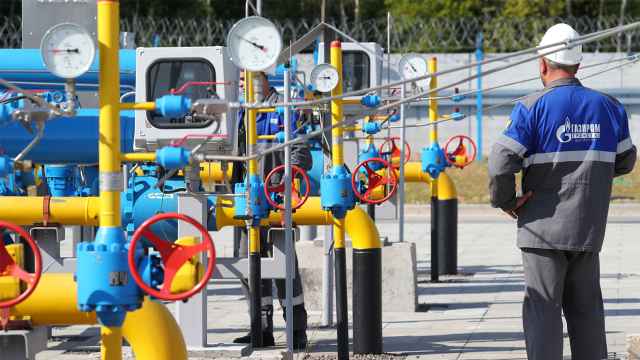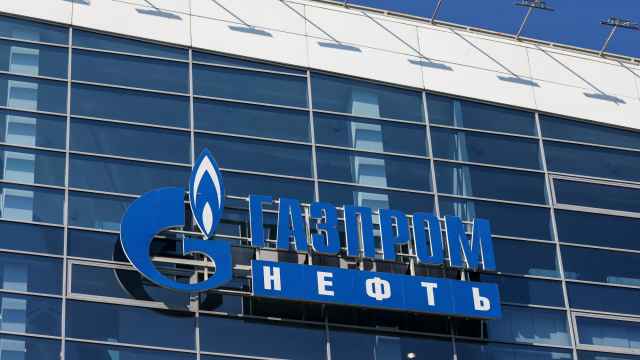Russia’s Gazprom has approved a 16.5% cut in investments next year, marking the second annual reduction in a row, the state gas exporter reported last week.
Gazprom’s 2020 capital expenditure plan has been set at 1.1 trillion rubles ($18 billion) by the management committee, pending approval by the company’s board of directors. That is down from a projected spend of 1.3 trillion rubles ($21 billion) for this year and a record 1.8 trillion ($29 billion) in 2018.
Gazprom has gained notoriety for its high levels of spending in recent years, with the bulk of investment going towards the development of its three major export projects: the Power of Siberia pipeline to China, the Turk Stream pipeline to southeastern Europe and Nord Stream 2 to Germany. Work on these projects is now winding down, freeing up some capital.
The $55 billion Power of Siberia pipeline began pumping gas to China earlier this month, while the $8 billion Turk Stream to Turkey is targeted for launch in January. However, there may be some delays as Russian President Vladimir Putin claimed at the start of December that Bulgaria is under “international pressure” to delay the pipeline project, while a section via neighboring Serbia is nearly finished.
The $11 billion Nord Stream 2 is also nearing completion, but is not expected to start up until mid-2020 because of earlier permitting delays in Denmark.
Signalling its greater focus on capital discipline, Gazprom’s management earlier this year pledged to increase dividends to 50% of net profits by 2021, triggering a rally in the company’s share price. They endorsed a plan last week to increase dividends to 30% of income in 2019, followed by 40% in 2020 and 50% in 2021 and beyond.
Shareholders still risk seeing their returns shrink, however, as Gazprom struggles to defend its market share in Europe from soaring liquified natural gas (LNG) imports.
The company saw net profits slump 45% year-on-year in the third quarter to 212 billion rubles ($3.3 billion), after European gas prices fell to their lowest level in 15 years.
The company’s 2020 investment program comprises 933 billion rubles ($15 billion) in capital investments, 90 billion rubles ($1.4 billion) in acquisition spending and 81 billion rubles ($1.3 billion) on long-term financial investments. It plans to borrow 558 billion rubles ($8.9 billion) during the year.
This article first appeared in bne IntelliNews.
A Message from The Moscow Times:
Dear readers,
We are facing unprecedented challenges. Russia's Prosecutor General's Office has designated The Moscow Times as an "undesirable" organization, criminalizing our work and putting our staff at risk of prosecution. This follows our earlier unjust labeling as a "foreign agent."
These actions are direct attempts to silence independent journalism in Russia. The authorities claim our work "discredits the decisions of the Russian leadership." We see things differently: we strive to provide accurate, unbiased reporting on Russia.
We, the journalists of The Moscow Times, refuse to be silenced. But to continue our work, we need your help.
Your support, no matter how small, makes a world of difference. If you can, please support us monthly starting from just $2. It's quick to set up, and every contribution makes a significant impact.
By supporting The Moscow Times, you're defending open, independent journalism in the face of repression. Thank you for standing with us.
Remind me later.






